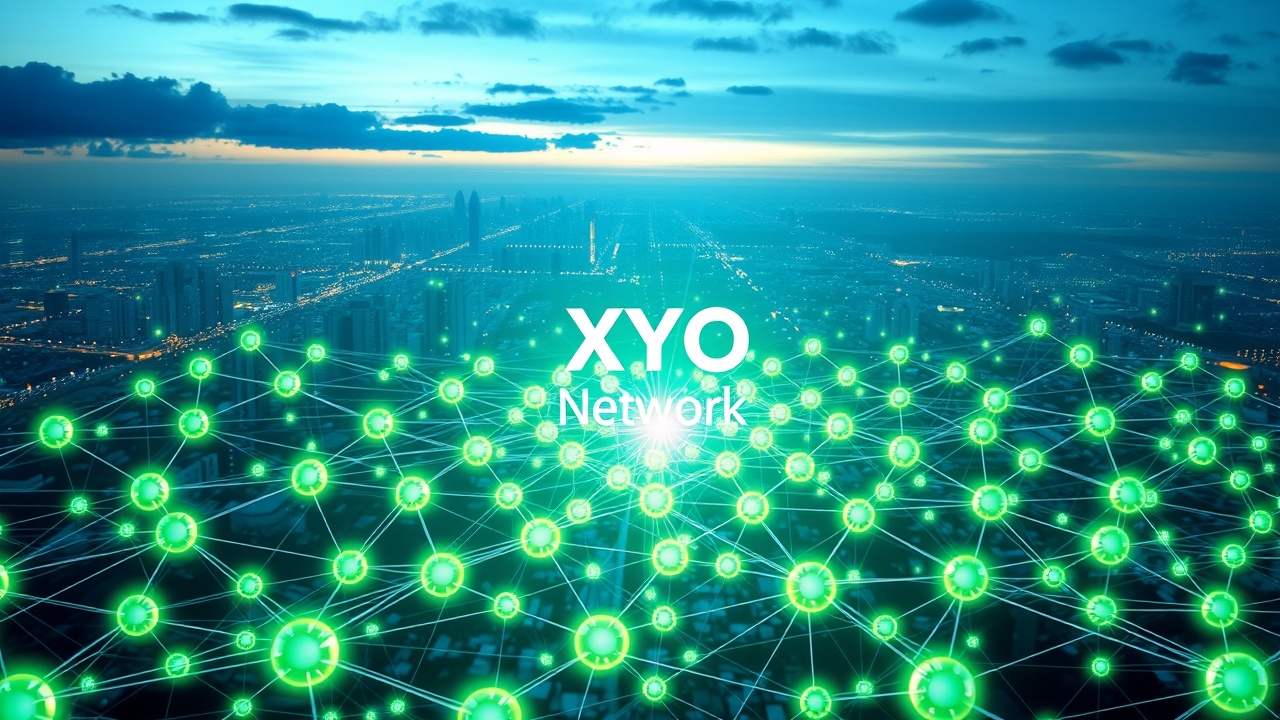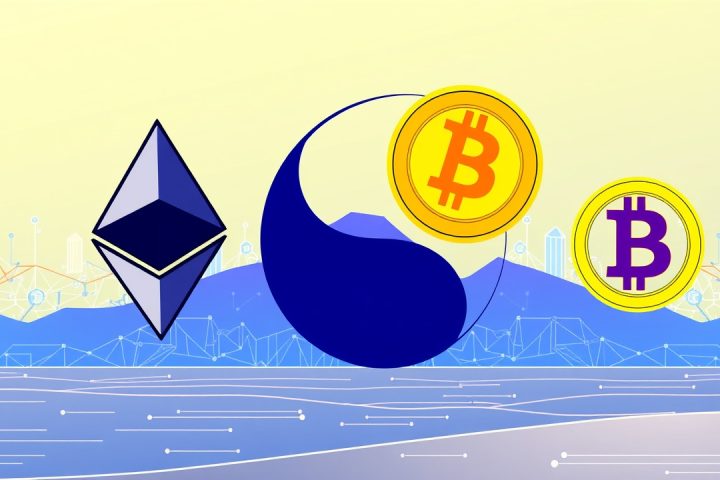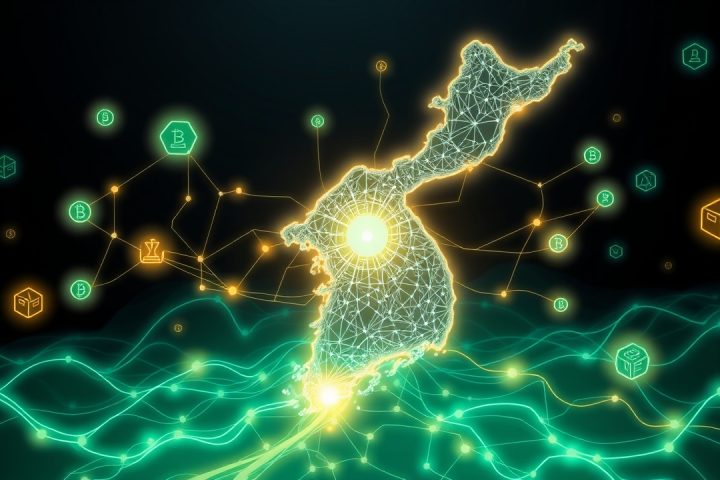Overview of XYO Network
The XYO Network has successfully integrated over 10 million nodes into its decentralized physical infrastructure network, known as DePIN. This information was revealed by co-founder Markus Levin in a recent conversation with Cointelegraph.
Participation and Users
A significant portion of these nodes consists of ordinary users who offer their data through XYO’s mobile platform, COIN. In return, they receive rewards. Levin observed that while the majority of these contributors are mobile users, there are also some Internet of Things (IoT) devices, including smart speakers, within the network.
Interestingly, around 80% of the participants in the XYO ecosystem are individuals new to cryptocurrency, engaging with Web3 for the first time. These users include professionals such as truck drivers, rideshare operators, delivery workers, and healthcare personnel. Levin emphasized that an impressive 95% of registrants via the COIN app continue their participation.
Incentives and Tokenomics
As part of its incentive structure, XYO offers users points for the data they contribute, which can be exchanged for the native XYO token or converted into other cryptocurrencies like Bitcoin and Ethereum, or even gift cards. In a strategic move to expand its reach, XYO bridged its native token to the Solana network in October 2024. Currently, the market capitalization of the XYO token stands at approximately $180 million, according to reports from CoinMarketCap dated May 2.
Revenue Generation and Blockchain Development
XYO generates revenue by collecting various data types and validating it across multiple industries, including real-world assets and gaming sectors. A portion of this revenue is utilized to repurchase XYO tokens. Earlier this year, XYO introduced its own layer-1 blockchain, which organizes the data collected from its nodes on a public ledger. Validators within the network are able to stake XYO and earn rewards in a newly introduced gas token called XL1.
Future of Decentralized Physical Infrastructure Networks
The concept of decentralized physical infrastructure networks like DePIN aims to revolutionize various real-world infrastructures, encompassing communications, data storage, and energy markets, among others. A report from MV Global, a firm specializing in Web3 investments, indicates that DePINs represent one of the next significant advances in blockchain technology, with the potential to attract a new wave of users into the cryptocurrency space. MV Global estimates that the DePIN ecosystem consists of over 1,000 projects and has a market capitalization of around $50 billion.

















